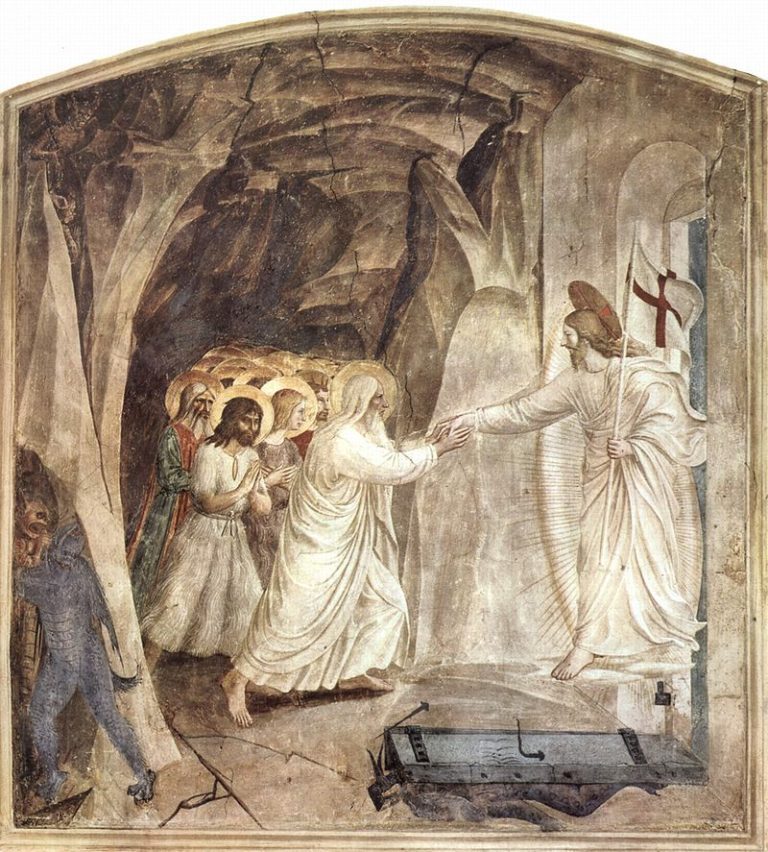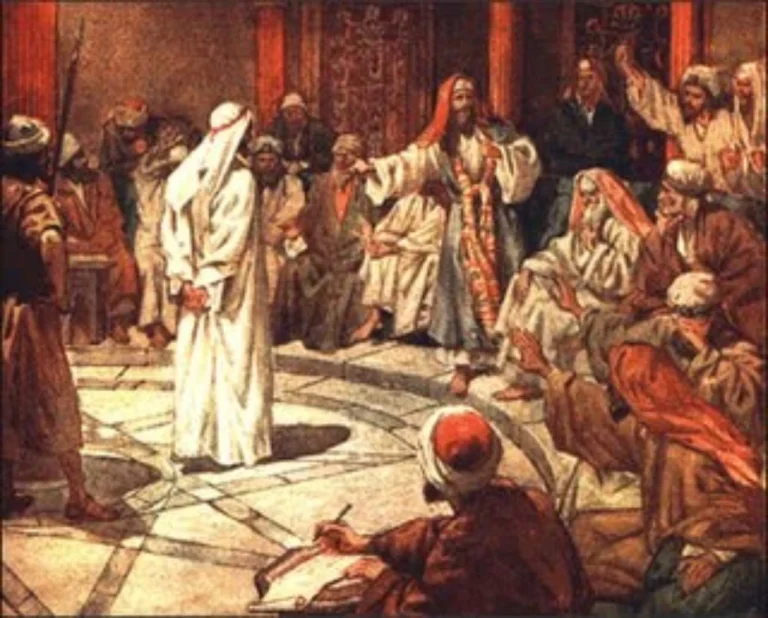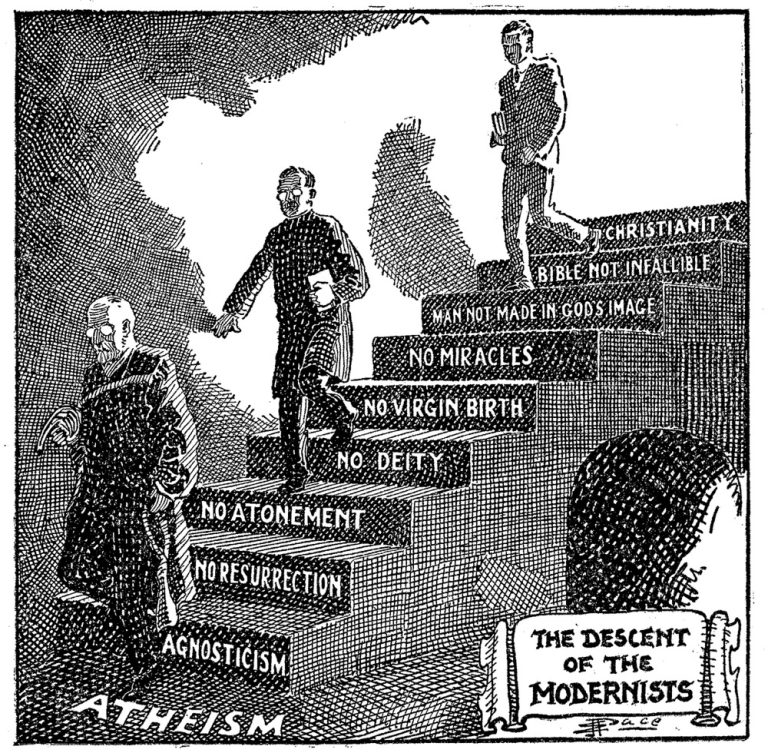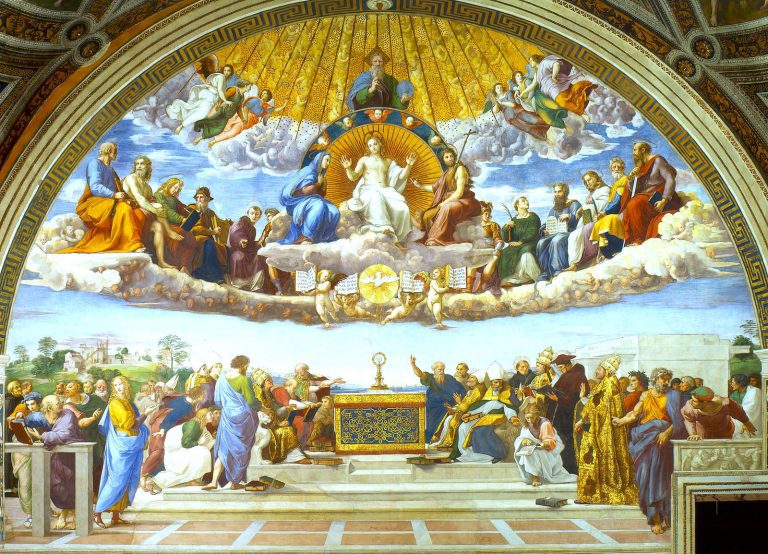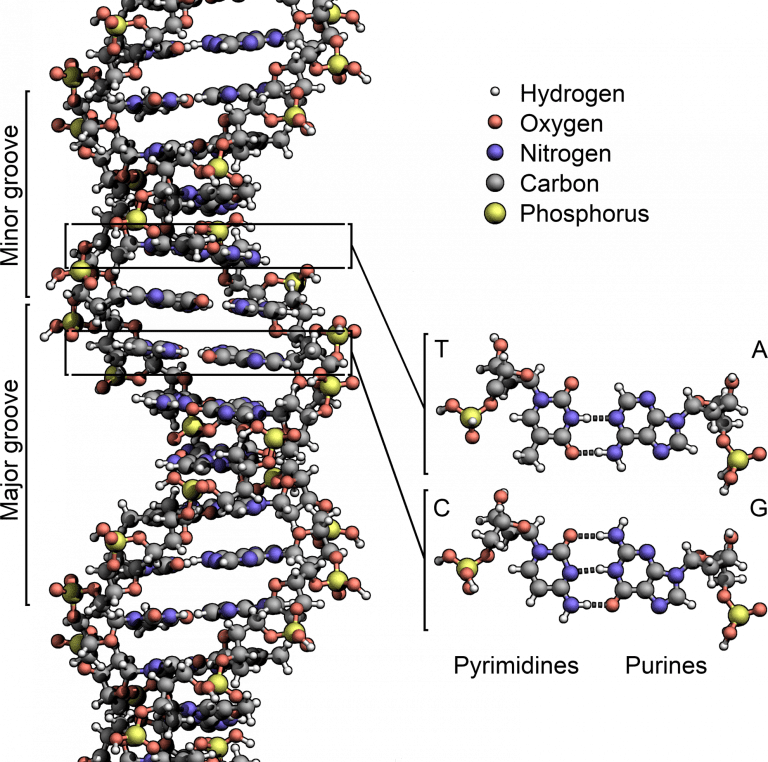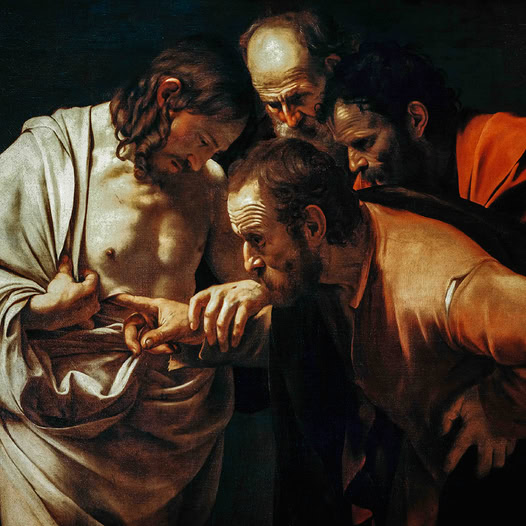When Roman legions marched into new lands, each soldier carried a wooden stake. At night, those stakes were driven into the ground, forming a circle to provide some defense against attack. Those outside the palings were, literally, “beyond the pale.”
As camps became towns that grew into cities, the palings were replaced with stone walls. Many still retained the suffix “chester”, indicating their origin in early Roman camps. Within those walls was Roman order. “Beyond the pale” was cannibalism, human sacrifice, and the bloodthirsty savagery of primitive cultures.
Soon, the territory controlled reached the desired boundaries, like Hadrian’s Wall, the Atlantic Ocean, or the Rhine. Then, the country was so effectively brought under Roman control that the wealthy could build vast villas from which more order could be imposed.
The Kingdom of God is similar. Each parish is an outpost of civilization in a world imbued with love of itself. When we enter a Catholic Church, we are getting as close to God as is possible on earth.
The Body of Christ is in the Tabernacle, waiting to be given to law-abiding citizens of the new Rome. Pictures of Saints and Angels watch from above, waiting to reflect the light bouncing off them through the eyes and into the minds of the beholders.
When we leave, we have been strengthened by our contact with God’s Kingdom so that we may resist assaults from beings, human and otherwise, from beyond the pale.



